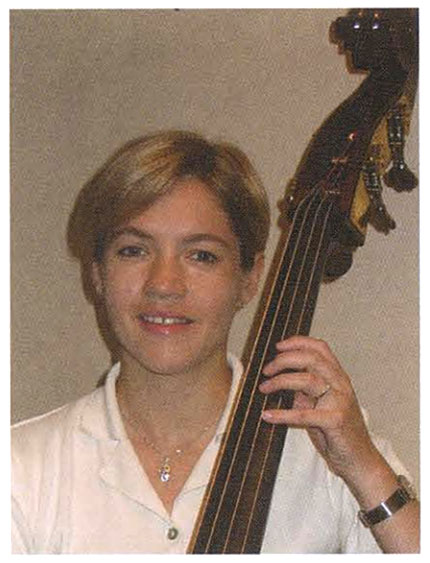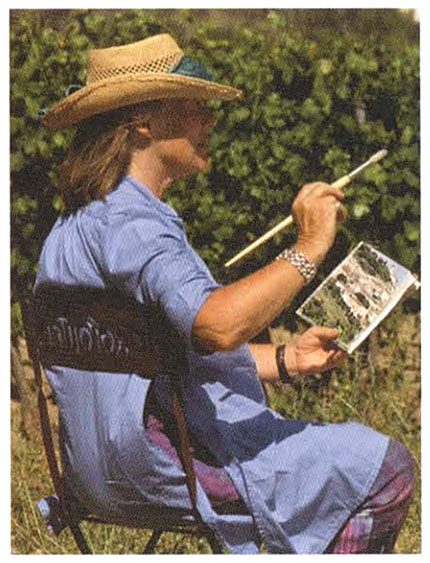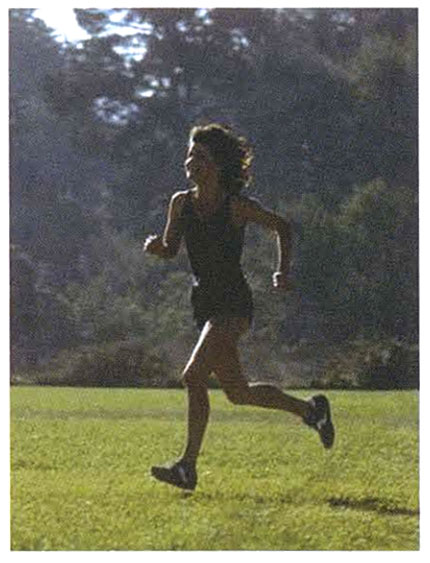1. What would you expect to have to do if you had to do the following tests? Write notes.
a an audition for a music group or an orchestra: ……………………………………………
b an audition for a play: ……………………………………………
c an interview for a new job: ……………………………………………
d a trial for a place on a sports team: ……………………………………………
e a language oral exam: ……………………………………………
2. Read the information about the following people. Listen and say which one of the three people you thin k is talking.

Susan Bakewell is a hospital nurse who works with children. In her spare time she plays the double bass. She has to audition to get into a local orchestra.

Susan Blewitt is an immigration officer. When she is not working, Susan paints pictures of the countryside, and studies Russian. She has a Russian oral exam coming up.

Susan Shellworth is a lawyer, but away from work she spends all her time training at her local athletics track. She’s hoping to compete in the next Olympic Games.
Answers
1
Example answers
a play a prepared piece of music, play some scales (eight notes going up, eight notes going down), do some sight- rea ding (being given a piece of music you don ‘t know and playing it straight away)
b act a prepared speech, read an extract from a play
c answer questions, wear decent clothes, ask questions
d play some of a game, train with the team, take a fitness test
e describe a picture, answer questions, talk to other students
2
The speaker is the nurse, Susan Bakewell.
Audioscripts
SUSAN: … because you wonder what – you know I wondered, ‘What on earth am I doing here?’ I thought. ‘I may as well go home now’ … umm … but I thought, ‘No, I’m here I may … you know, I’ve, I’ve got this far I may as well just see it through another 15 minutes and I can be out of here then, you know, if it goes all horribly wrong I never have to see these people again.’
3. Listen and answer these questions.
a Which of the five tests from Exercise 1 was the speaker involved in? ……………………………………………
b Was she successful or not? ……………………………………………
c What did the speaker think of the experience? ……………………………………………
4. Match the words and phrases with their definitions.
|
a accompanist |
a quick rehearsal of a piece of music |
|
b in tune |
a series of notes going up and down with fixed intervals between them |
|
c run-through |
playing the music straight away, the first time you see it |
|
d scale |
usually a pianist who plays along with the solo player |
|
e sight-reading |
when the notes sound right, rath er than ugly, because they are not too high or too low |
5. Listen again and answer the questions.
a What three things did the speaker have to do in the audition?
………………………………………..
b How many people were in the room?
………………………………………..
c What day was the audition?
………………………………………..
d What day was the next orchestra practice?
………………………………………..
e Who did the speaker phone to talk about the audition?
………………………………………..
f When did the speaker know if she had been successful?
………………………………………..
Answers
3
a A music audition.
b Yes, she was successful.
c She hated it.
4
a usually a pianist who plays along with the solo player
b when the notes sound right, rather than ugly, because they are not too high or too low
c a quick rehearsal of a piece of music
d a series of notes going up and down with fixed intervals between them
c playing the music straight away, the first time you see it
5
a In the audition she had to play a piece of music with an accompanist, sight-read a piece of music, and play a scale.
b There were four people in the audition room (Susan, the accompanist and the two people auditioning).
c Saturday.
d Monday,
e She spoke to her parents about it.
f At the rehearsal on Monday.
Audioscripts
SUSAN: Umm … went into a room where you could practise and then the accompanist came in and had a quick run-through … umm … and so you’re waiting in a little room and you can hear other people auditioning who sound ren times better than you, which then makes you even more frightened because you wonder what – you know I wondered, ‘What on earth am I doing here?’ I thought, ‘I may as well go home now’ … umm … but I thought, ‘No, I’m here I may – you know, I’ve, I’ve got this far l may as well just see it through another 15 minutes and I can be out of here then, you know if it goes all horribly wrong I never have to see these people again.’ … umm … So then went into a room where there was two people who were auditioning you and the accompanist and you sat down with the music and played the accompanist accompanied piece … umm … and, er …
INTERVIEWER: How did that go?
SUSAN: Some mistakes. I was just …
INTERVIEWER: Because I bet you ca n remember just about every minute of it.
SUSAN: Oh, it was horrible. I hated it. Absolutely dreadful. I, I made mistakes. And I think because I was nervous I made mistakes … umm … and I wasn’t used to playing with an accompanist because I don’t have anybody to just practise with at home … umm … and any little mistake you make you think they’re gonna, they know that you’ve made a mistake, they’re very good musicians, they are going to be thinking ‘Oh, she’s dreadful, what on earth is she doing?’ and I sort of breathed a huge sigh of relief when I ground to a – the end and nearly nearly felt like crying – I don’t know, out of relief or just nerves that you’ve got to the end, yeah, just absolutely … er … it’s w – a horrible moment moment … erm … and then they gave a piece of sight-reading to do, which wasn’t too bad, actually it was better than I’d – had thought, and then a scale, I played a scale – I was so relieved when I played it in tune … which is always a bit of a bonus when playing a scale, and then, and then they said to me, they said, ‘Oh … umm … will you be at orchestra on Monday?’ because this was on a Saturday and I said. ‘Well, kind of depended on today really’, and they said, I said, ‘When will I get to know? ‘ and they said that the person who sorts out the auditions would phone me … umm …and so they said, ‘Oh come along on Monday’, so I thought, well, do I take that as a ‘yes’ or do I rake that as … umm …? You know, you just don’t know, so I went home and I was actually going out that evening and quickly phoned my parents and said, ‘Er; dreadful! Horrible! They’ll ring me’, and nobody phoned me for the rest of the weekend, Monday evening ca – time to go to orchestra, nobody had phoned me so I thought, well I’d better go because nobody’s told me not to go, and … umm … they – someone came up to me just before we started and – no, actually, I think it was in the interval – and said, ‘Oh I’m pleased you got in’, which after all that, ‘n’ you know to me it was such a big thing – you know. I’d been practising for a long time – when it’s something that you want to do and just suddenly … err … you’re in.
